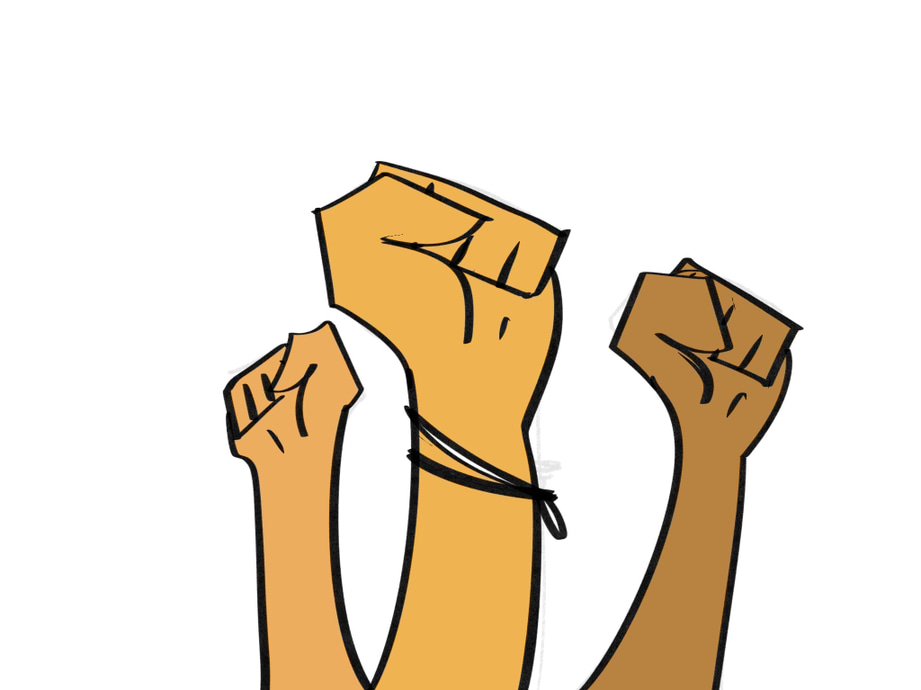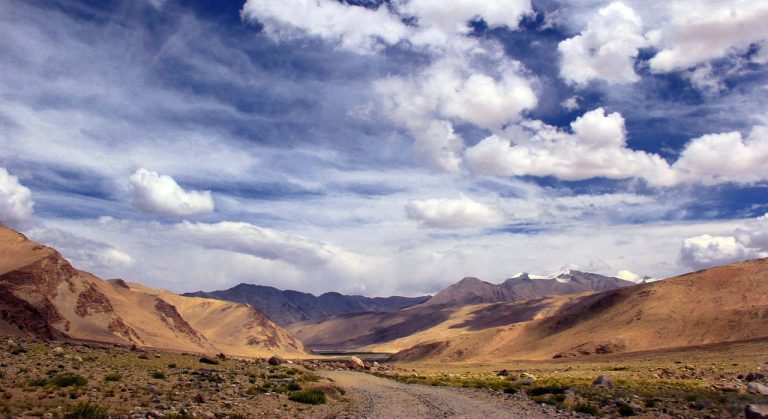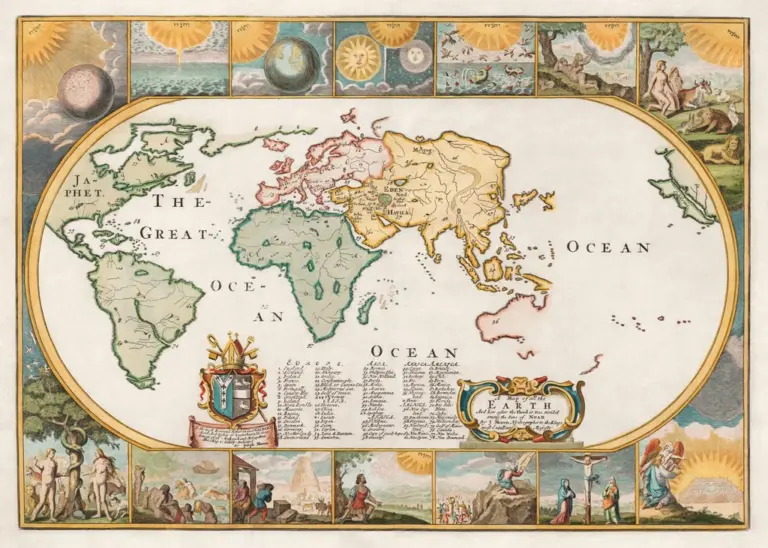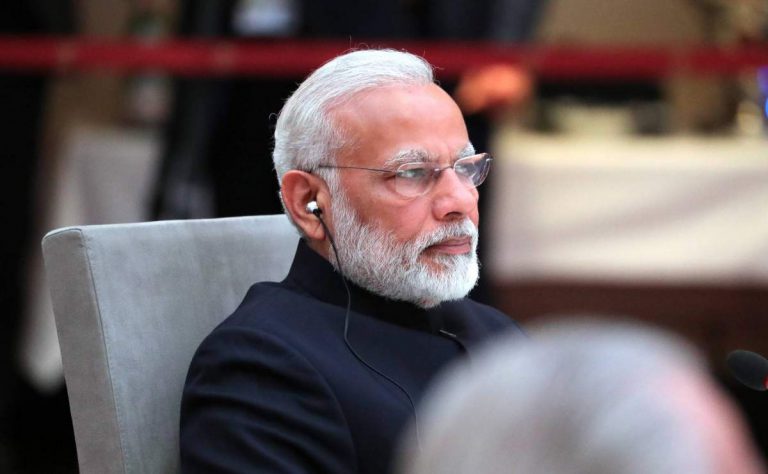If not now, then when

A significant change in the recent post pandemic global scenario is the rise in protests and campaigns over climate change issues. Recently, several cities of Europe have witnessed demonstrations over the rapidly deteriorating climate and its effect on the environment. In Brussels, huge crowds have gathered on the streets. They want the leaders at the UN climate change summit in Glasgow to enforce more stringent actions for climate rule violations. These protests got a huge support when Prince Charles stated that he understood the frustration of the climate activists. According to him, the people of the world are taking too long to address the issue of climate change. Another person of the Britain Royal household has also voiced his concern in this matter. Prince William has asked the greatest minds to fix our planet earth instead of finding another one..
Another human being whose goal is to assure that Earth sustains future generations is Sir David Attenborough. He made numerous documentaries to show how wonderfully balanced our ecosystem is and how we are destroying it for our pleasures. There are several aspects of this destruction. Not every individual contributes to ecosystem destruction equally. People who choose environmental ignorance contribute more to environmental destruction. This ignorance is mainly backed by self-interests and guilt reduction. On the other hand, environmentally aware people irrespective of their socio-economic background, practice a more sustainable form of lifestyle. What is most annoying is that we know what our mistakes are. We know how to fix them, but instead choose to continue for our short-term interests. We choose to be ignorant about the environmental issues either for our benefits or to reduce the guilt of not doing enough. This is the problem with the common people over most of the world. Let’s take for example, the use of low quality plastic packets. Everybody has reusable bags at their house but what we choose is to ask for low quality plastic packets at the market. This is the least we can avoid but very few do.
The daily usage of low-grade plastics is quite a small contributor compared to CO2 and other greenhouse gas emissions. We, the common people can reduce plastic use but reducing greenhouse gas emissions is not within our limits. This lies with the world leaders and the leaders of energy production. They share a mysterious chemistry. For every new act to curb climate change a bypass is created or already exists in a different part of the world. In 2019, the concentration of CO2 was highest among the past 2 lakh years at least. The concentrations of CH4 and NO2 were highest in the past 8 lakh years. Many of us think that air-conditioners and refrigerators are the prime contributors to greenhouse gas emissions. It’s not the case. These fluorinated gases comprise only 2% of global greenhouse gas emission. Whereas carbon dioxide emanated from fossil fuel combustion and industrial processes comprise 65% of global greenhouse gas emission.
Speaking about global climate change activists, one who we all know in recent times is Greta Thunberg. At the age of 15 she voiced her concern about climate change by protesting outside Stockholm Parliament. She pointed out the emptiness of the speech of the global leaders at climate change conventions worldwide. She has become a household name for protests but I feel there are still a few who actually understand her concern. Indian climate activists like Sunita Narain, Disha Ravi voiced their concern about the fast-paced climate change occurring worldwide. Among the worldwide protests about climate, India hasn’t seen any of such kind recently. It’s true that Covid 19 has been a guiding factor, but the treatment towards peaceful protesters could also be a factor.
One thing we should all understand is that combating global climate change has to be a holistic approach. Introducing new policies is not the solution. The outcome of those policies needs to be examined. The reasons behind such policies and the results should be made available to the public. Planting some seeds on World Earth Day wouldn’t be sufficient. We have to change our habits. We have to understand that the earth is not only for humans, it belongs to everyone. Even without the tiniest termite the whole ecosystem could collapse. We have to understand that humans cannot survive if the ecological balance is destroyed. Humans are at the top of the food chain, with no ability to produce their food and very little stamina to compete with their predators for food and water. We should follow the rules already existing regarding the environment very diligently to create a healthy ecosystem. Alongside educating the future generations about sustainable development, adults should take refresher courses to be environmentally aware.
Our government must enforce more well-planned policies for sustainable development. Only stringent rules and punishment is not the right option. The government should make sure that the environmental policies issued could be followed by people from all strata of the society. Any newly implemented environmental policy should be under constant review. It should be amended until it suits the environment of the area where it is implemented. It has been observed that the ethnic populations are better in protecting their natural habitat. Therefore, it is wise to include them in new environmental policies wherever it is possible. In a culturally and topographically diverse country like India there cannot be a single environment law all over the country. The Kerala and Uttarakhand floods are caused by unusual heavy rains. A striking feature of the monsoon nowadays is extreme rainfall occurring over a small area or no rain at all.
The global climate is changing at a pace faster than it was imagined. There are cyclones with torrential rains all over the world at unusual times of the year. The weather pattern all over the world is very different from what it was 20 years ago. Soaring temperatures, melting glaciers, forest fires make the headlines every day. Yet we continue as it is, unmoved by other people’s sufferings, because we are not the ones yet. India is a participant at the COP26. The steps mentioned to secure net-zero by mid-century impose a real challenge for India. The steps include reduction of coal usage, maximum use of electric vehicles etc. India is concentrating on a low-carbon development framework at present. Shifting to ‘net-zero’ carbon emissions by the middle of the century may hamper the progress made till now.
People all over the world have the right to know what progress is being made in terms of global climate betterment. We also have the right to know where our governments are lagging. This information should be made available to us from the stage of the global climate convention itself. In this way we will be able to create a community of true environmentally aware people.









The global climate is changing at a pace faster than it was imagined. There are cyclones with torrential rains all over the world at unusual times of the year. The weather pattern all over the world is very different from what it was 20 years ago.